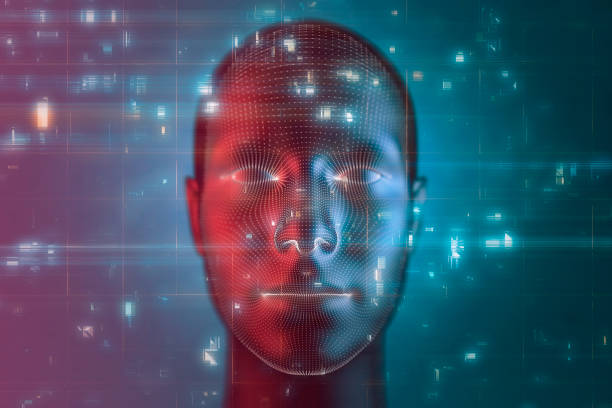In the rapidly evolving landscape of technology, the integration of artificial intelligence (AI) into operating systems (OS) is transforming how we interact with our devices. AI-based operating systems (AIOS) are not just a futuristic concept; they are becoming a reality, offering unprecedented capabilities in automation, personalization, and efficiency. This article explores the latest trends, solutions, and applications of AI in operating systems, focusing on AI in operating system updates and the role of AIOS in business intelligence.
.
**The Emergence of AI-Based Operating Systems**
AI-based operating systems are designed to leverage machine learning algorithms and data analytics to enhance user experience and system performance. Unlike traditional operating systems that follow predefined protocols, AIOS can learn from user behavior, adapt to preferences, and optimize processes in real-time. This shift represents a significant departure from conventional computing paradigms, paving the way for smarter, more intuitive systems.
.
**AI in Operating System Updates: A Game Changer**
One of the most significant advancements in AIOS is the automation of operating system updates. Traditionally, OS updates have been a cumbersome process, often requiring user intervention and resulting in downtime. However, AI-powered systems can intelligently manage updates, predicting the best times for installation based on user habits and system performance.
For instance, Microsoft has begun implementing AI-driven features in Windows 11 that analyze user behavior to schedule updates during periods of low activity. This not only minimizes disruptions but also ensures that systems are running the latest security patches and features without burdening the user. According to a report by Gartner, organizations that adopt AI for system management can reduce update-related downtime by up to 30%, significantly improving overall productivity.
.
**Enhanced Security Through AIOS**
Security is a paramount concern for operating systems, and AIOS are stepping up to the challenge. By utilizing machine learning algorithms, these systems can detect anomalies and potential threats in real time. For example, AI can analyze patterns of user behavior to identify unusual activities that may indicate a security breach.
Companies like CrowdStrike and Darktrace are at the forefront of this innovation, employing AI to monitor network traffic and endpoint behavior. Their systems can autonomously respond to threats, isolating compromised devices and mitigating risks before they escalate. This proactive approach to security not only protects sensitive data but also enhances user trust in AIOS.
.
**AIOS for Business Intelligence: Transforming Data into Insights**
In the realm of business intelligence, AI-based operating systems are proving to be invaluable. By integrating AI capabilities into data management and analysis, organizations can unlock deeper insights and make more informed decisions. AIOS can analyze vast amounts of data in real time, identifying trends and patterns that would be impossible for human analysts to discern.
For instance, companies like IBM and SAP are incorporating AI into their business intelligence platforms, enabling users to generate predictive analytics and actionable insights. AIOS can automate data collection, cleaning, and visualization, allowing businesses to focus on strategy rather than manual data manipulation. According to a study by McKinsey, organizations that leverage AI for business intelligence can improve decision-making speed by 5 to 10 times, leading to a significant competitive advantage.
.
**Industry Applications of AI-Based Operating Systems**
The applications of AIOS extend across various industries, each benefiting from the enhanced capabilities that AI brings. In healthcare, AIOS can analyze patient data to provide personalized treatment recommendations, improving patient outcomes. For example, systems like IBM Watson Health utilize AI to assist healthcare professionals in diagnosing diseases and suggesting treatment plans based on vast medical databases.
In the finance sector, AIOS are revolutionizing risk assessment and fraud detection. By analyzing transaction patterns and customer behavior, AI can identify potential fraud in real time, allowing financial institutions to respond swiftly. Companies like PayPal and Mastercard are already employing AI-driven systems to enhance security and streamline operations.
The manufacturing industry is also seeing the benefits of AIOS. Smart factories equipped with AI-based systems can monitor equipment performance, predict maintenance needs, and optimize production schedules. This not only reduces downtime but also increases overall efficiency. According to a report by Deloitte, manufacturers that adopt AI technologies can achieve productivity gains of up to 20%.
.
**Technical Insights: The Architecture of AI-Based Operating Systems**
The architecture of AI-based operating systems is fundamentally different from traditional systems. AIOS typically incorporate several key components: a robust machine learning framework, data processing capabilities, and user interface design that prioritizes personalization.
The machine learning framework is essential for enabling the AIOS to learn from user interactions and system performance. Popular frameworks like TensorFlow and PyTorch are often integrated into AIOS to facilitate the development of intelligent applications. These frameworks allow developers to create models that can predict user behavior, optimize performance, and enhance security.
Data processing capabilities are critical for AIOS, as they need to handle vast amounts of data generated by user interactions and system activities. AIOS often employ advanced data analytics tools to process this information, ensuring that insights are generated quickly and efficiently.
Finally, user interface design plays a crucial role in the success of AIOS. A well-designed interface that leverages AI can provide users with personalized experiences, making it easier to navigate and utilize the system’s features. Companies like Apple and Google are leading the way in creating intuitive interfaces that enhance user engagement with AIOS.
.
**Challenges and Considerations in AIOS Development**
Despite the numerous advantages of AI-based operating systems, several challenges must be addressed. One of the primary concerns is the ethical implications of AI. As AIOS become more prevalent, issues related to data privacy, algorithmic bias, and accountability must be carefully considered. Developers must ensure that AI systems are transparent and fair, avoiding biases that could lead to discrimination or unfair treatment.
Another challenge is the integration of AIOS with existing infrastructure. Many organizations still rely on traditional operating systems, and transitioning to AI-based systems can be a complex process. Companies must invest in training and resources to ensure a smooth transition, which can be a barrier to adoption.
.
**The Future of AI-Based Operating Systems**
Looking ahead, the future of AI-based operating systems appears promising. As technology continues to advance, we can expect AIOS to become more sophisticated, offering even greater capabilities in automation, personalization, and security. The ongoing development of quantum computing and edge computing will further enhance the performance of AIOS, enabling real-time processing of vast amounts of data.
Moreover, as organizations increasingly recognize the value of AI in driving business intelligence and operational efficiency, the demand for AIOS will continue to grow. Companies that embrace this technology will be well-positioned to thrive in an increasingly competitive landscape.
.
**Conclusion**
AI-based operating systems represent a significant leap forward in computing technology. By integrating artificial intelligence into OS updates, security, and business intelligence, AIOS are transforming the way we interact with our devices and manage data. As industries across the globe adopt these systems, the potential for increased efficiency, enhanced security, and improved decision-making is immense. While challenges remain, the future of AIOS is bright, promising a new era of intelligent computing that will shape the way we live and work.
**Sources:**
1. Gartner. (2022). “AI in IT Operations: The Future of System Management.”
2. McKinsey. (2023). “The State of AI in Business: Insights and Trends.”
3. Deloitte. (2022). “AI in Manufacturing: Unlocking Productivity Gains.”
4. IBM. (2023). “AI in Healthcare: Transforming Patient Care.”
5. SAP. (2023). “Business Intelligence and AI: A New Paradigm.”




























